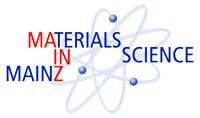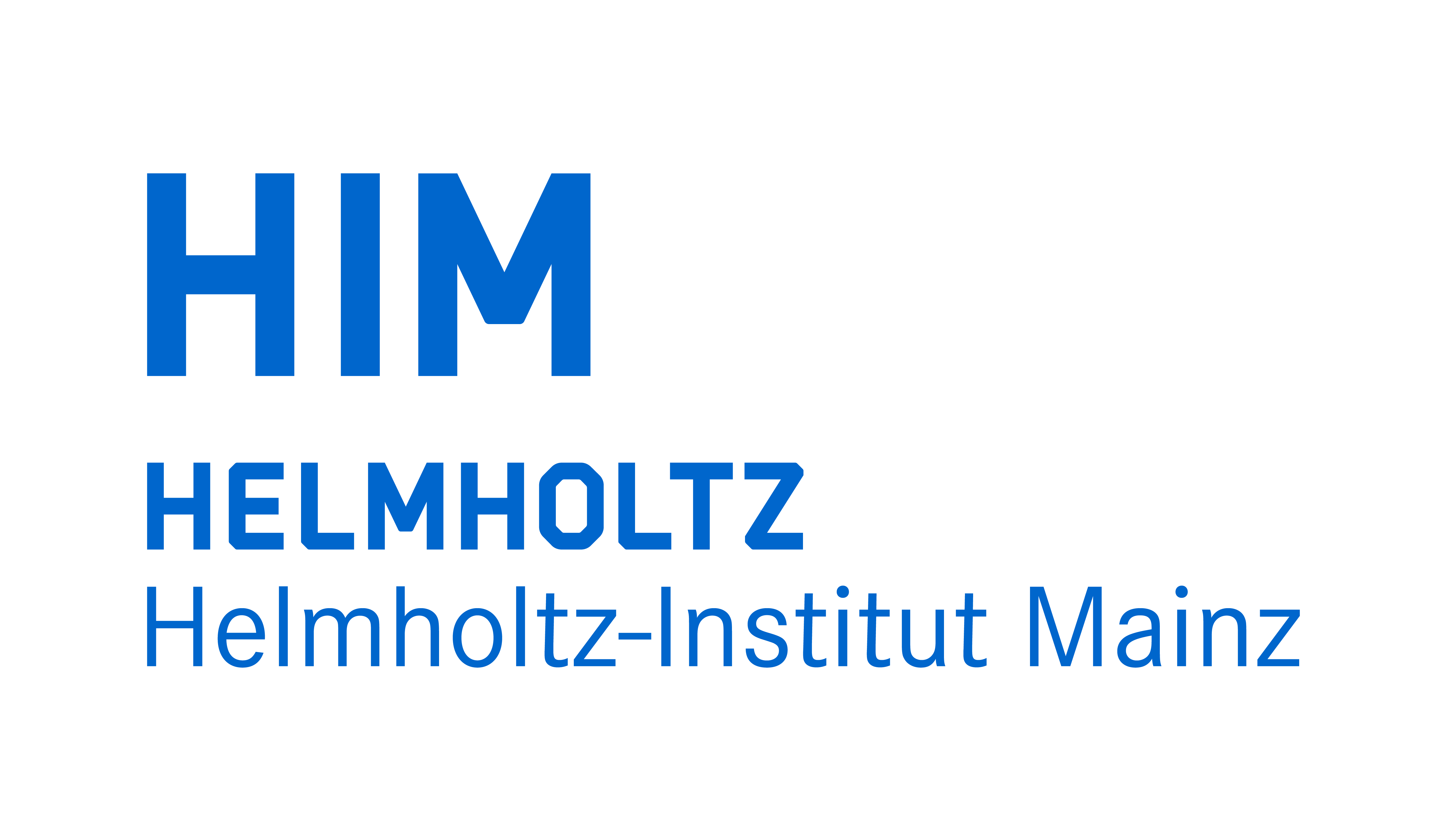


Physikalisches Kolloquium
June 14, 2022 at
4:15 p.m.
in
HS KPH
Prof. Dr. Friederike Schmid
Institut für Physik
friederike.schmid@uni-mainz.de
Prof. Dr. Hartmut Wittig
Institut für Kernphysik
hartmut.wittig@uni-mainz.de
Levitated ferromagnetic torque sensors and applications to fundamental physics
Andrea Vinante (University of Trento)
Levitated micro/nanoparticles are an excellent platform for very sensitive table-top mechanical experiments in the context of fundamental and quantum physics. Compared to conventional mechanical systems, they offer a higher degree of isolation from the environment and higher tunability. Levitated ferromagnets offer the additional benefit of being extremely sensitive to magnetic fields and rotations, suggesting a number of applications in the context of magnetic field sensing and fundamental physics. I will report on our efforts to levitate micromagnets by Meissner effect in a gravitational-superconducting trap, using SQUIDs as motion detectors. Preliminary measurements show that levitation can be realized in good agreement with the Meissner effect, with ultralow damping rate of rotational and translational modes in the range of microHz. I will discuss some possible applications, focusing on tests of wave function collapse models [1], exotic interactions beyond the standard model and magnetometry. Remarkably, a torque sensor based on a levitated micromagnet is expected to overcome the Standard Quantum Limit on magnetometry, and to surpass by orders of magnitude the Energy Resolution Limit, often proposed as a benchmark for quantum magnetometers. This goal may be achieved not only in the gyroscopic atom-like regime as previously argued, but also in the librational trapped regime [2].
[1] A. Vinante et al, Narrowing the Parameter Space of Collapse Models with Ultracold Layered Force Sensors, Phys. Rev. Lett. 125, 100404 (2020).
[2] A. Vinante et al, Surpassing the Energy Resolution Limit with ferromagnetic torque sensors, Phys. Rev. Lett. 127, 070801 (2021).